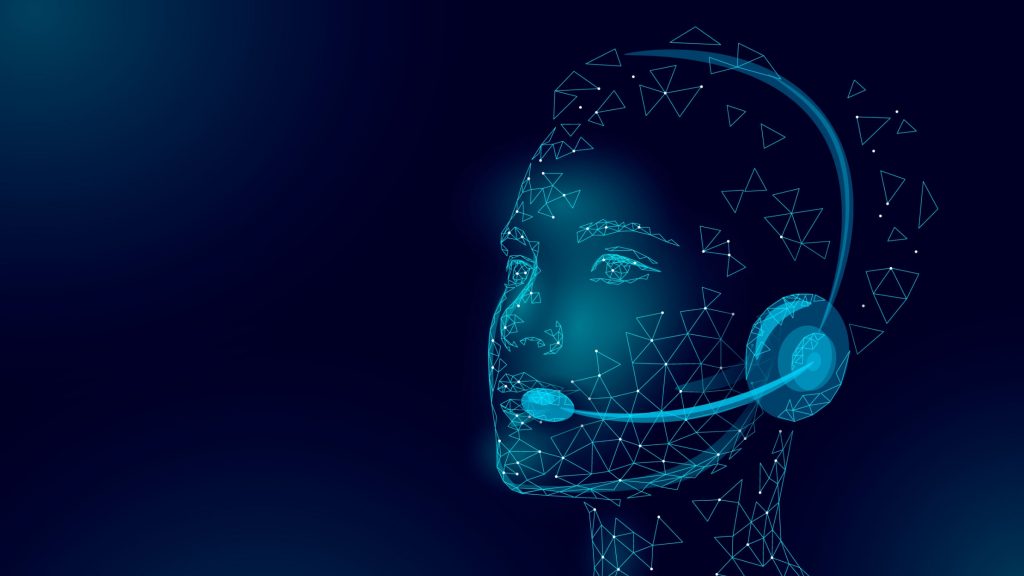
A new AI model capable of detecting emotional queues in the voices of callers on suicide prevention hotlines aids operators in offering timely and effective support through AI voice analysis.
Power of Voice Analysis
Voice patterns offer insights into a person’s emotional state, essential for assessing risk levels in individuals contemplating suicide. Traditional methods required trained psychologists to analyze these patterns, a time-consuming and expert-heavy process. The new AI model simplifies this by automatically identifying emotional states from voice data, enhancing the accuracy and speed of response in crisis situations.
Real-Time Assistance
Developed by Alaa Nfissi, a PhD student from Concordia University, this innovative AI model uses deep learning to recognize emotions such as sadness, anger, fear, and neutrality from voice cues. Presented at the IEEE International Conference on Semantic Computing, where it received the Best Student Paper award, the model aims to equip crisis line workers with a real-time ’emotional dashboard’. This tool will enable them to adapt their intervention strategies more effectively, potentially saving lives by providing tailored support to those in need.
Training AI
To train the AI, Nfissi used a mix of real and acted recordings, annotating them to reflect specific emotional states. The AI voice analysis demonstrated high accuracy rates, particularly in identifying real-life emotional expressions from callers. This marks a significant step forward in behavioral AI, offering new possibilities for emotional intelligence in technology applications.
Ethical Implications and Future Applications
While the immediate benefits of this AI voice analysis application in suicide prevention are clear, it also raises important ethical questions about privacy and the extent of AI integration into personal aspects of life. As AI technologies become more pervasive, ensuring they are used responsibly and ethically will be crucial.
Broader Impact of AI in Healthcare
Beyond crisis lines, AI’s potential to act as an empathetic tool in healthcare is vast. Companies like NVIDIA are exploring AI-driven ‘healthcare agents’ that could interact with patients, offering support and company, especially to those isolated or suffering from conditions like dementia.
This development not only showcases the potential of AI to transform healthcare and crisis management but also highlights the ongoing need for careful consideration of how these powerful tools are deployed. As AI continues to evolve, its role in enhancing human empathy through technology will undoubtedly become a critical area of research and application.
This article is a tribute to every man that lost their life, especially as we observe Men’s Mental Health Month in June.
Inside Telecom provides you with an extensive list of content covering all aspects of the tech industry. Keep an eye on our Intelligent Tech sections to stay informed and up-to-date with our daily articles.